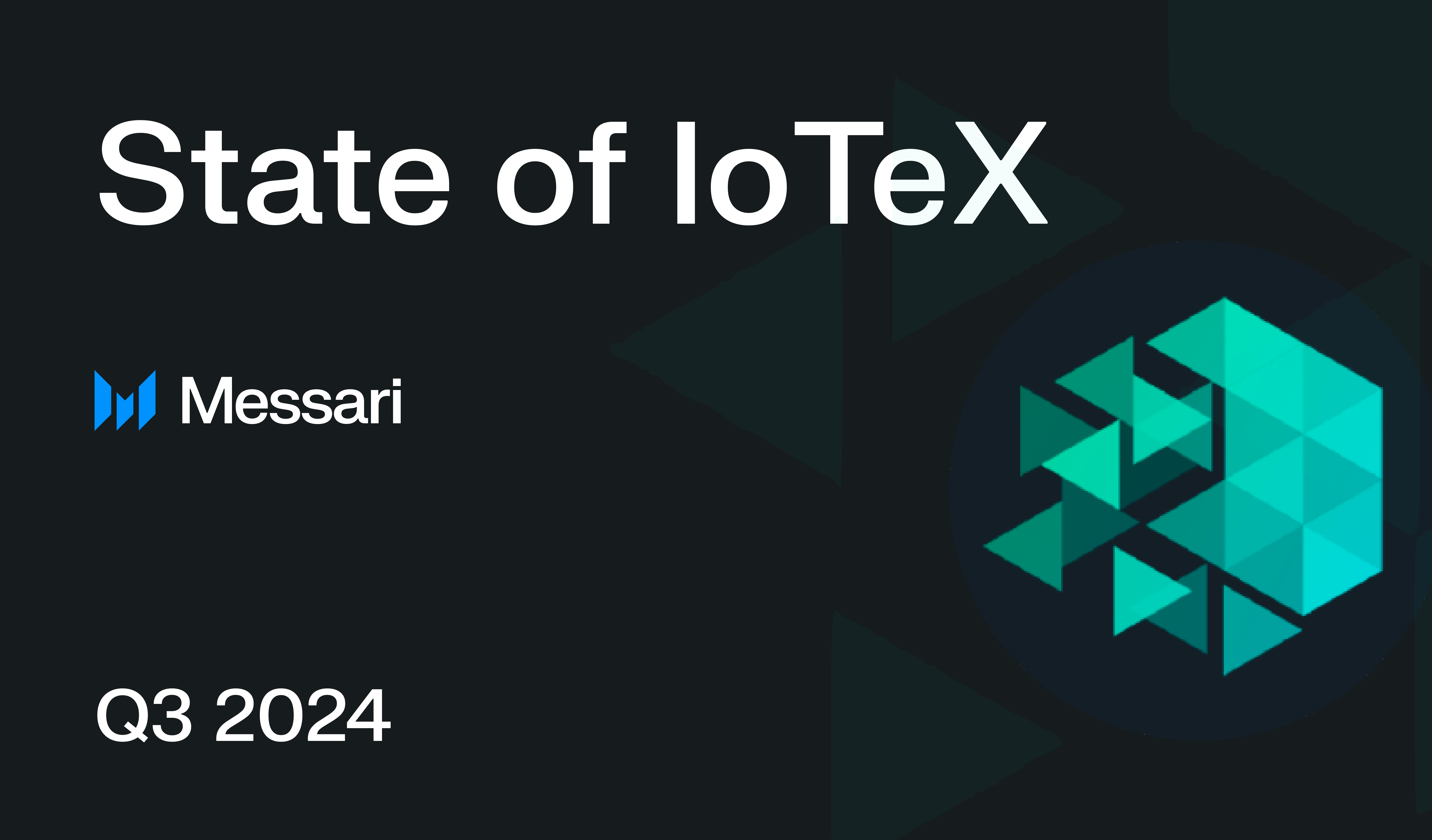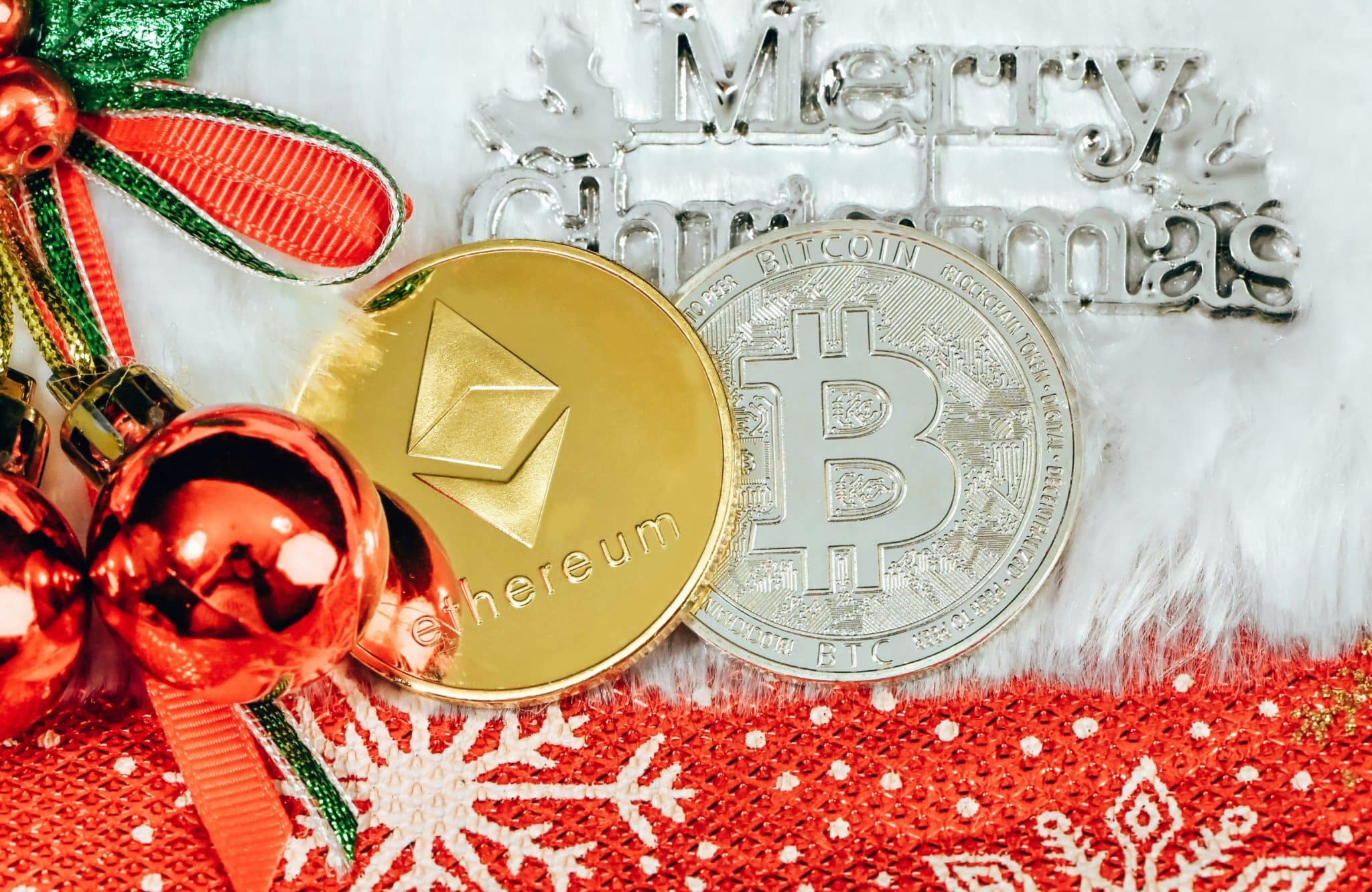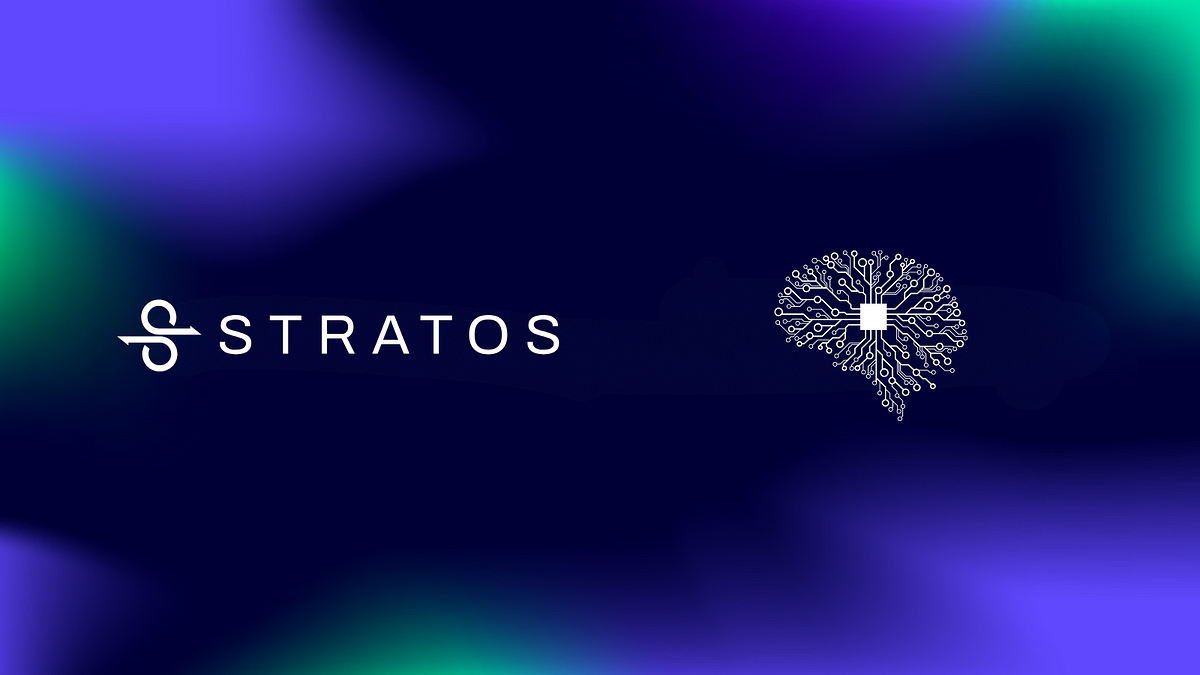Latest DePIN News

5 months ago
IoTeX 2.0 Upgrade: Enhancing Decentralized Infrastructure for DePIN Projects
The IoTeX Network has made significant strides with the launch of its 2.0 upgrade in Q3’24, which aims to provide decentralized infrastructure, public goods, and governance tools for Decentralized Physical Infrastructure Networks (DePIN). This upgrade has led to a notable increase in network activity, with active wallets and transactions rising by 13% and 8% quarter-over-quarter (QoQ), respectively. The introduction of the ioID protocol has been pivotal, transforming hardware devices into on-chain entities with verifiable identities. As of Q3’24, the network is secured by 112 delegates who are actively staking $172 million, marking a 17% increase QoQ, and achieving an average staking participation rate of 41.3%.
The IoTeX 2.0 upgrade also features an enhanced tokenomic design that seeks to balance inflationary staking rewards with deflationary token burns, thereby driving the utility of the IOTX token. Throughout Q3’24, IoTeX has integrated with several prominent networks and protocols, including Solana and Polygon, which positions the IoTeX Network as a robust ecosystem for DePIN projects. The middleware solution, W3bstream, is set to launch on the mainnet in Q1’25, further enhancing the network's capabilities by providing verifiability and scalability for DePINs.
In addition to the technical advancements, IoTeX has established the Marshall DAO to manage a pool of IOTX tokens dedicated to funding DePIN projects. This community-driven approach allows token holders to propose and vote on initiatives, fostering a collaborative environment for innovation. The DePIN ecosystem on IoTeX has expanded significantly, with over 230 dApps and more than 50 dedicated DePIN projects, solidifying IoTeX's position as a leading player in the decentralized infrastructure space. The future looks promising as the network continues to evolve and attract diverse applications across various sectors, including DeFi and GameFi.

5 months ago
Emerging Crypto Narratives and Blockchain Innovations for 2025
As we look ahead to 2025, the cryptocurrency landscape is poised for significant evolution, particularly with the emergence of blockchains like Solana, SUI, and Bitcoin. Following the FTX crash, many investors have turned their attention back to Solana, which offers a unique advantage over Ethereum by providing faster and cheaper transactions. With only 5% of the global population currently owning cryptocurrency, experts believe we are still in the early stages of this digital revolution. While Bitcoin remains the dominant force in the market, Ethereum's influence is waning, primarily due to its congested layer 2 solutions, which may hinder its performance in the upcoming cycle.
Solana is rapidly gaining traction, boasting impressive statistics such as a transaction speed of 1,500 transactions per second (tps) and surpassing Ethereum and Tron in total economic value locked. The upcoming Firedancer update is expected to enhance its capabilities further, potentially reaching 1 million tps. Additionally, the SUI blockchain is emerging as a strong contender in the decentralized physical infrastructure networks (DePIN) space, offering solutions for the Internet of Things. With a focus on real-time, secure interactions among interconnected devices, SUI is attracting developers and projects like Karrier One and Chirp Wireless, which aim to revolutionize wireless access and decentralized telecom.
The current narratives in the crypto space include real-world assets, AI, GameFi, and meme coins, with a particular emphasis on DePIN. Bitcoin continues to outperform other asset classes, reinforcing its position as a leading investment choice. As the cryptocurrency market evolves, the belief in Web3 remains steadfast, with many anticipating a bullish trend in the near future. For those still exploring the crypto landscape, the message is clear: the opportunity to invest in transformative technologies is ripe, and the time to act is now.

5 months ago
MetaMask and Plus Wallet Innovations Drive Crypto Engagement
MetaMask has recently enhanced its functionality through integration with IoTeX, allowing users to perform seamless token transfers across various blockchains. This integration significantly improves interoperability for active traders, enabling over 30 million users to engage across 90 different blockchain environments. However, some users have reported issues with the Snap feature, which can experience sporadic delays, particularly when handling large token volumes. This reliance on multiple network connections may also slow down transactions, leading to frustration among users seeking quicker responses.
In the wake of the recent U.S. election results, XRP has seen a notable rally, with its price climbing to $0.5142, marking a 2.19% increase. This surge is largely attributed to optimism surrounding Trump's potential influence on future crypto regulations, particularly regarding the SEC's stance on Ripple. Trump's promises to dismiss SEC Chair Gary Gensler could ease regulatory pressures, benefiting XRP's market position. However, the dependency on political changes introduces volatility, as ongoing legal actions from the SEC could still pose risks for XRP investors.
Plus Wallet is making waves in the crypto wallet sector by transforming everyday transactions into earning opportunities. Its innovative features, such as 'Swap to Earn' and 'Refer to Earn', allow users to profit from their trading activities and expand their networks for passive income. This approach not only enhances user engagement but also fosters a supportive community focused on mutual benefits. As crypto enthusiasts increasingly seek wallets that provide rewards alongside basic functionalities, Plus Wallet's commitment to user empowerment positions it as a leading choice in the market.

5 months ago
Upbit Expands Offerings with 12 New Digital Assets
South Korea's largest cryptocurrency exchange, Upbit, has made a significant move by announcing the listing of 12 new digital assets on its USDT market. This strategic decision includes a diverse array of tokens such as Adventure Gold (AGLD), AhaToken (AHT), ARPA, Astar (ASTR), Bancor (BNT), MultiversX (EGLD), Filecoin (FIL), LumiWave (LWA), NEAR Protocol (NEAR), Orchid (OXT), Radworks (RAD), and Stellar Lumen (XLM). By adding these tokens, Upbit aims to enhance the trading options available to its users, catering to the evolving needs of cryptocurrency investors.
The addition of these new digital assets reflects the growing demand for a wider variety of cryptocurrencies in the market. As investors seek more opportunities and diversification in their portfolios, exchanges like Upbit are responding by expanding their offerings. This trend is indicative of the broader movement within the cryptocurrency ecosystem, where platforms are increasingly recognizing the importance of providing access to a diverse range of tokens to attract and retain users.
Upbit's decision to list these new assets not only enhances its competitive position in the market but also underscores the dynamic nature of the cryptocurrency landscape. As the exchange continues to evolve, it is likely to see increased trading activity and user engagement, further solidifying its status as a leading player in the South Korean cryptocurrency market. The expansion of its offerings is a clear signal of Upbit's commitment to meeting the demands of its user base and adapting to the rapidly changing environment of digital assets.

5 months ago
Integrating OpenAI with Solana Using Lit Protocol
In a groundbreaking integration, Lit Protocol has demonstrated how to securely combine the capabilities of OpenAI and the Solana blockchain. By utilizing Wrapped Keys on Solana, developers can sign responses generated by the OpenAI API within a Lit Action. This integration opens up a myriad of innovative applications, particularly in the realm of AI-powered autonomous agents. These agents can operate on the blockchain without exposing sensitive API keys, thanks to Lit's threshold-based Programmable Key Pairs (PKPs) and Trusted Execution Environments (TEE). This ensures that all sensitive operations remain protected, allowing AI agents to interact with both blockchain and traditional web services while maintaining decentralized identities.
The integration also emphasizes the importance of private compute and data processing. By encrypting data and executing large language model (LLM) prompts within Lit’s TEE, developers can ensure that sensitive information, such as medical records or financial data, remains secure throughout the process. The TEE provides hardware-level isolation, meaning even node operators cannot access decrypted data. This end-to-end encryption allows for the secure processing of private information, ensuring that all computations occur within a secure environment before results are re-encrypted and sent back.
Furthermore, the integration facilitates the generation of cryptographic proofs for training and inference. By restricting PKP signing permissions to specific IPFS CID hashes, developers can guarantee the authenticity of LLM-generated content. This proof system is particularly beneficial for audit trails and compliance requirements, as it enables third parties to verify the authenticity of the content produced by the LLM. Overall, this integration showcases the potential of combining AI with blockchain technology, paving the way for more secure and efficient applications in the future.

5 months ago
Join the PowerPod Ambassador Program for a Sustainable Energy Future
The PowerPod Ambassador Program is an exciting initiative aimed at promoting a greener, decentralized energy future through the power of Web3 and blockchain technology. As a PowerPod Ambassador, participants will not only represent a product but also become integral members of a community focused on transforming the energy industry. This program offers a unique opportunity to enhance personal branding while engaging with a vibrant community dedicated to sustainable energy and the adoption of blockchain solutions.
Ambassadors will be tasked with spreading the word about PowerPod's mission across various social platforms, including Twitter and Telegram. They will educate their communities on the benefits of decentralized energy and PowerPod's innovative role in the Web3 revolution. Additionally, ambassadors are encouraged to create engaging content, such as tweets, blogs, videos, and graphics, to make complex topics more accessible and exciting for the audience. By participating in discussions related to sustainability and blockchain, ambassadors can make a significant impact within the PowerPod ecosystem.
Participants in the program will enjoy numerous benefits, including exclusive Discord roles that highlight their achievements, networking opportunities with like-minded individuals, and access to resources that support their growth as ambassadors. Furthermore, they will be recognized for their contributions through ambassador spotlights and rewards in the form of $PT tokens. This program not only allows ambassadors to earn tokens but also empowers them to contribute to a meaningful movement towards sustainable, decentralized energy solutions powered by blockchain technology. The PowerPod Ambassador Program is an invitation to make a real difference in the world of energy and sustainability.

5 months ago
Stratos Partners with DeepSouth AI to Enhance Web3 Applications
Stratos has announced an exciting partnership with DeepSouth AI, a prominent player in the field of artificial intelligence that utilizes neuromorphic computing technology. This collaboration aims to merge DeepSouth AI's cutting-edge AI capabilities with Stratos's decentralized infrastructure solutions. The goal is to create more intelligent and accessible decentralized applications within the Web3 ecosystem, enhancing the overall functionality and user experience of these applications.
DeepSouth AI is in the process of developing a versatile platform that is equipped with a comprehensive suite of powerful AI tools. These tools are specifically designed to assist developers and enterprises in implementing advanced AI solutions. By integrating with Stratos's robust and scalable infrastructure, DeepSouth AI will benefit from a decentralized storage solution that offers reliability, security, and performance, essential for supporting high-demand AI-driven applications.
Through this strategic collaboration, Stratos is set to provide the necessary decentralized infrastructure to meet the high-volume data needs of DeepSouth AI's platform. This partnership is poised to usher in a new era of Web3 applications, where artificial intelligence and decentralized technology can work in harmony, ultimately driving innovation and accessibility in the digital landscape.

5 months ago
GRASS Token Faces Selling Pressure Amid Price Decline
On November 8, the price of GRASS, the native token of the Solana-based Decentralized Physical Infrastructure Networks (DePIN) project, reached an all-time high of $3.95. However, following a decline in bullish sentiment and an increase in profit-taking activities, the token's price has since dropped by 27%. As of now, GRASS trades at $2.78, reflecting a 13% decline over the past 24 hours. Analysis of the GRASS/USD 4-hour chart indicates a significant uptick in selling pressure, with the Relative Strength Index (RSI) showing that more traders are selling than buying the token, currently sitting at a downward trend of 44.80.
The RSI is a key indicator that measures an asset's market conditions, with values above 70 indicating overbought conditions and below 30 suggesting oversold conditions. The current RSI reading of 44.80 implies that selling pressure is intensifying, as token holders are increasingly cashing in on their profits. Additionally, the Chaikin Money Flow (CMF), which assesses the flow of money into and out of an asset, is below zero at -0.04, further confirming the bearish outlook. A negative CMF indicates that sellers are dominating the market, adding to the concerns surrounding GRASS's price stability.
Despite the recent price decline, futures traders appear optimistic about a potential rebound. The funding rate for GRASS has remained positive since November 8, currently at 0.025%. This suggests that there is a greater demand for long positions, indicating that traders are still betting on a price recovery. However, if the selling pressure continues, GRASS may break below its current support level of $2.65 and potentially seek support at $2.26. If the bearish trend persists, the price could fall to $1.86. Conversely, a positive shift in market sentiment could see GRASS rally past the resistance at $3.22, aiming to reclaim its previous all-time high of $3.95.

5 months ago
Revolutionizing AI Efficiency: The Impact of the L-Mul Algorithm
The rapid development of artificial intelligence (AI) has led to significant advancements across various sectors, yet it comes with a hefty environmental price tag due to its high energy consumption. AI models, particularly those utilizing neural networks, require substantial computational power, which translates to enormous electricity usage. For example, running ChatGPT in early 2023 consumed approximately 564 MWh of electricity daily, equivalent to the energy needs of around 18,000 U.S. households. This energy demand is primarily driven by complex floating-point operations essential for neural network computations, making the search for energy-efficient solutions critical as AI systems grow in complexity.
Enter the L-Mul (Linear-Complexity Multiplication) algorithm, a groundbreaking development that promises to significantly reduce the energy burden associated with AI computations. L-Mul operates by approximating floating-point multiplications with simpler integer additions, which can be integrated into existing AI models without the need for fine-tuning. This innovative approach has demonstrated remarkable energy savings, achieving up to 95% reduction in energy consumption for element-wise tensor multiplications and 80% for dot product computations. Importantly, this energy efficiency does not compromise the accuracy of AI models, marking a significant advancement in the quest for sustainable AI.
The implications of L-Mul extend beyond mere energy savings; it enhances the performance of AI models across various applications, including transformer models and large language models (LLMs). In benchmarks such as GSM8k and visual question answering tasks, L-Mul has outperformed traditional floating-point formats like FP8, showcasing its potential to handle complex computations efficiently. As the demand for AI continues to rise, L-Mul stands out as a pivotal solution that not only addresses the energy crisis associated with AI but also paves the way for a more sustainable future in technology development.

5 months ago
Karrier One Advances Global Connectivity with Strategic Blockchain Initiatives
Karrier One, a prominent player in telecommunications, is enhancing global connectivity through three key initiatives: the integration of SCION services, the establishment of a validator node on the Sui network, and the adoption of the Walrus decentralized storage protocol. With operations spanning Canada, the USA, Europe, and Africa, and plans for expansion into Asia, Karrier One is positioning itself at the forefront of innovation in the telecommunications sector.
The integration of SCION (Scalability, Control, and Isolation On Next-Generation Networks) services aims to bolster the security and performance of Karrier One's global infrastructure. This cutting-edge technology enhances network control, providing robust protection against cyber threats and ensuring reliable connectivity. Adrian Perrig, a key figure behind SCION, emphasized that this deployment establishes Karrier One as a leader in the Web3 communication space, addressing the pressing need for reliable network solutions in the ecosystem.
In addition to SCION, Karrier One's establishment of a validator node on the Sui network signifies a deeper commitment to decentralized technology. This move will not only enhance security across both networks but also enable Karrier One to earn staking rewards, further advancing its protocol. The adoption of the Walrus Decentralized Storage Protocol aligns with Karrier One's vision for improved data security and accessibility, allowing users greater control over their information while reducing reliance on centralized data centers. Through these initiatives, Karrier One is poised to revolutionize global telecommunications, creating a secure and decentralized network that empowers users worldwide.
Signup for latest DePIN news and updates